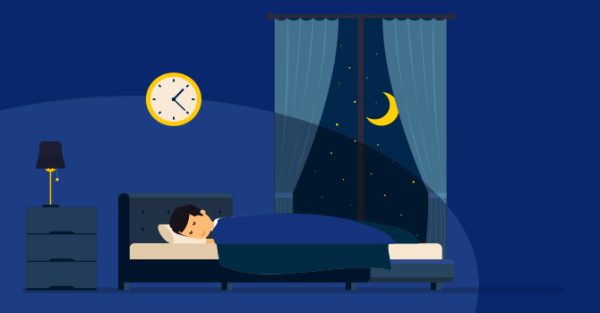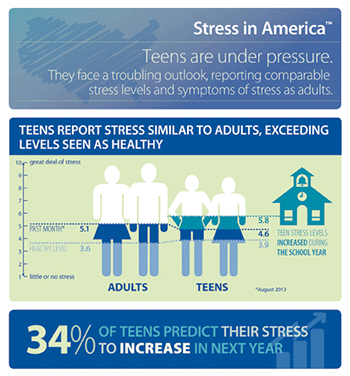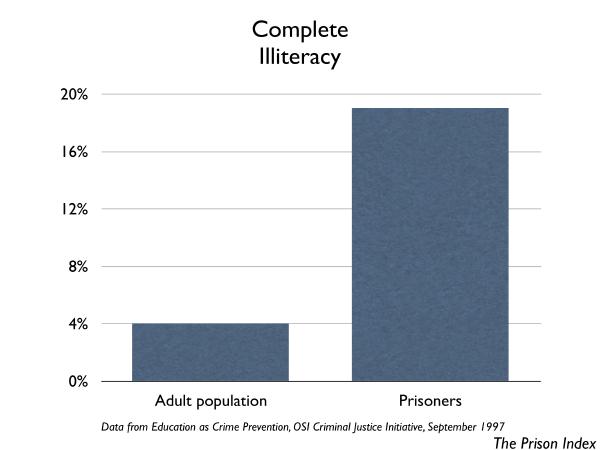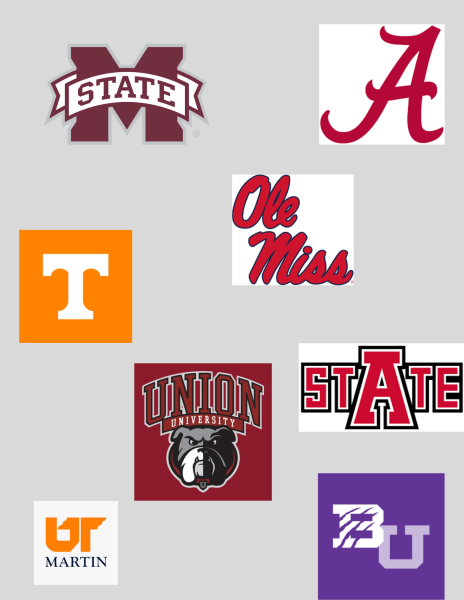Studying Tips
Back to school. Textbooks stacked on wooden school desk in front of green chalkboard. Classroom setting.
October 26, 2021
With the ACT coming up in November, many of us are preparing and studying for what will probably be our final chance to increase our scores. However, many of us forget that studying is about more than taking in information. There is a difference between memorizing word for word information to do well on a test and truly learning and understanding something. There are many different tips and tricks that your teachers and peers will give you to study better, such as writing notes by hand or chewing a specific type of gum. But the best way to help our brains learn and comprehend new information is by keeping them healthy. How do we do this: sleeping and exercising.
Studies have shown that exercising often, especially right before you study or attempt to learn something new, improves our comprehension and working memory. Physical exertion stimulates the release of chemicals in our brain that make it easier for us to accept new information by nourishing new brain cells. Physical activity is directly lengthed to a healthy brain and can not only help us study better, but also help combat undesirable mental conditions such as depression or anxiety. The healthier your mental state, the easier you will learn new information and retain it in the future. Researchers are not certain if one type of exercise is better than another for our memory, but they hypothesize that anything that gets our heart rate up such as walking, running, etcetera improves our cognition. Exercise doesn’t have to mean going on a 5k run or going to the gym. It can mean swimming, dancing, yard work, or playing frisbee with your dog. All of these things increase your heart rate and will therefore improve the health of your brain.
The easier way to keep your brain healthy is to sleep. This means getting your full eight hours of rest, especially before that big test day, so that your brain can build new synapses for the new information. Sleeping increases what we call neuroplasticity, or the ability of our brain to learn and keep new concepts and skills. Studies have also shown that our REM, or dreaming, stage of sleep increases after intense studying or learning. Researchers believe that deep sleep and dreaming are essential for our brains to sort out what information is important and keep it. What’s more, sleep deprivation can prevent us from remembering things we already know and applying them to situations at hand. Without a decent amount of sleep, we are less likely to perform well and make distinctions. On top of getting a good night’s sleep, you should also utilize power naps when studying difficult material. Studies have shown that resting for twenty minutes after some high intensity focusing increases retention.
Remember that when we refer to learning, it doesn’t have to mean declarative, or fact based information. It can also mean learning procedural things such as riding a bike or shooting a target. Sleep and exercise improve our brains’ ability to learn all kinds of new things. Of course, these things help us study for a class, but they can also help us learn a variety of new skills. When you want to not only study but retain new information, keep your brain healthy and active by incorporating physical activity and your full eight hours of rest.











